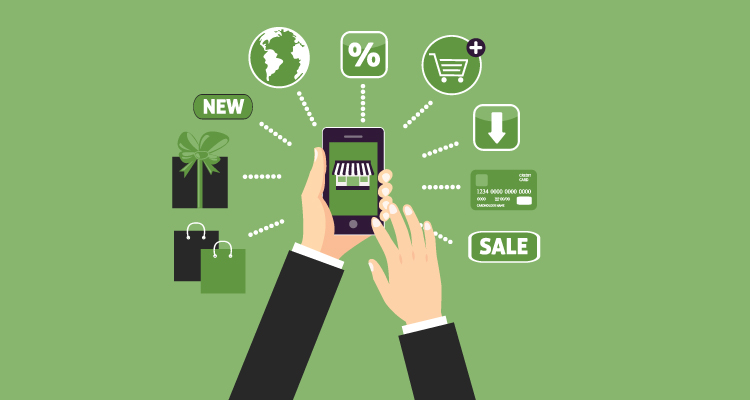All the way back in 1994 Bill Gates famously said, “Banking is essential, banks are not.” Today, that statement is even more spot-on — thanks to mobile phones becoming an important part of our lives, especially among Millennials.
According to the Salesforce Research report, a whopping “75 percent of Millennials are at least somewhat reliant on a mobile banking app to interact with their bank for tasks such as depositing or sending checks, checking their balances, and paying bills.”
As Andrew Meola says for Business Insider, “Perhaps no technology will disrupt our financial transactions in the future more than mobile tech. The introduction of SMS into the public gave banks an avenue for mobile banking, but the explosion of smartphones in the last decade has indeed caused mobile banking to go mainstream.”
“Today, mobile banking apps are not an extra benefit in consumers’ minds,” Meola continues. “They are a necessary part of the bank-customer relationship, and their absence could convince customers to switch to another financial institution”. In other words, the banking app is no longer something for which to be grateful to the banking institutions. Rather — a banking app for each bank or credit card is to be expected.
With that in mind, here’s a closer look at why the future of banking is going to be apps.
Table of Contents
ToggleConvenience
The days of standing in line and waiting days for the funds to be placed into your account are over. Instead, banking apps allow you to deposit checks, automate payments, and transfer funds. This is seamlessly done through your mobile device without ever having to step foot into a bank. In fact, only 38 percent of Millennials walk into a bank these days.
“I haven’t had a traditional bank in almost four years, and I don’t see myself having one for a long time, (if ever again),” said Meg McClafferty, a finance professional from Boston. “Everything I need regarding banking is right at my fingertips.”
“The app has all my accounts with Capital One in one place, that I can swipe seamless between,” McClaferty said. “Transfers and payments are a breeze. They are always updating the app to be quicker and easier to use.”
Millennials Are Skeptics
It’s been found that 71% of Millennials would rather visit the dentist than listen to banks. Also, all four of the leading banks, which includes JPMorgan & Chase, Bank of America, Citigroup, and Wells Fargo, are among the top ten least loved brands by Millennials.
Due’s Max Palmer asks, “Why are they so disillusioned with traditional banking institutions?” Palmer believes that “It probably has to do with the financial crisis in 2007 which made it harder to find a job and pay down debt. And, as previously mentioned, this is a highly educated group. It was easy for them to realize that some of the causes of the financial crisis were due to the greed and fraud the banking industry.”
“Millennials are so disassociated with the traditional banking system that most of them believe that innovation will come from outside of the industry,” adds Palmer. In fact, most Millennials are interested in new financial services from non-traditional banking institutions; like Google, Apple, Amazon, PayPal, or Square.
More Than Just Online Banking
Millennials in particular demand digital features that go beyond online banking. They want apps from banks like Chime that also keep track of their spending, help them set a budget, receive transaction alerts, and provide educational content like how they can build or repair their credit.
Ultimately, they want to have complete control over their finances. They want to be able to do everything; transfer funds between digital wallest, view real-time information, and access their accounts whenever and wherever they want.
Reducing Banking Costs and Increasing Checkout Speed
One of the main reasons that mobile banking apps are going to grow is because of those chip-enabled EMV cards. The transition to EMV hasn’t exactly been as smooth, and both merchants and consumers have been frustrated by the length of time it takes to complete a transaction. Thanks to mobile wallets, waiting in line to pay for your purchases has been sped up because customers don’t have to insert their cards into the terminal.
Another advantage of digital banking, is that it reduces overdraft fees; since users always know how much money is their accounts and can transfer funds automatically if money is getting low. Digital banking (ebank) also removes the expensive costs of check-cashing services.
There’s also P2P payment apps that eliminate the need for consumers to visit an ATM to take out cash. This not only removes an extra step from the payment process but also cuts the transaction and withdraw fees.















